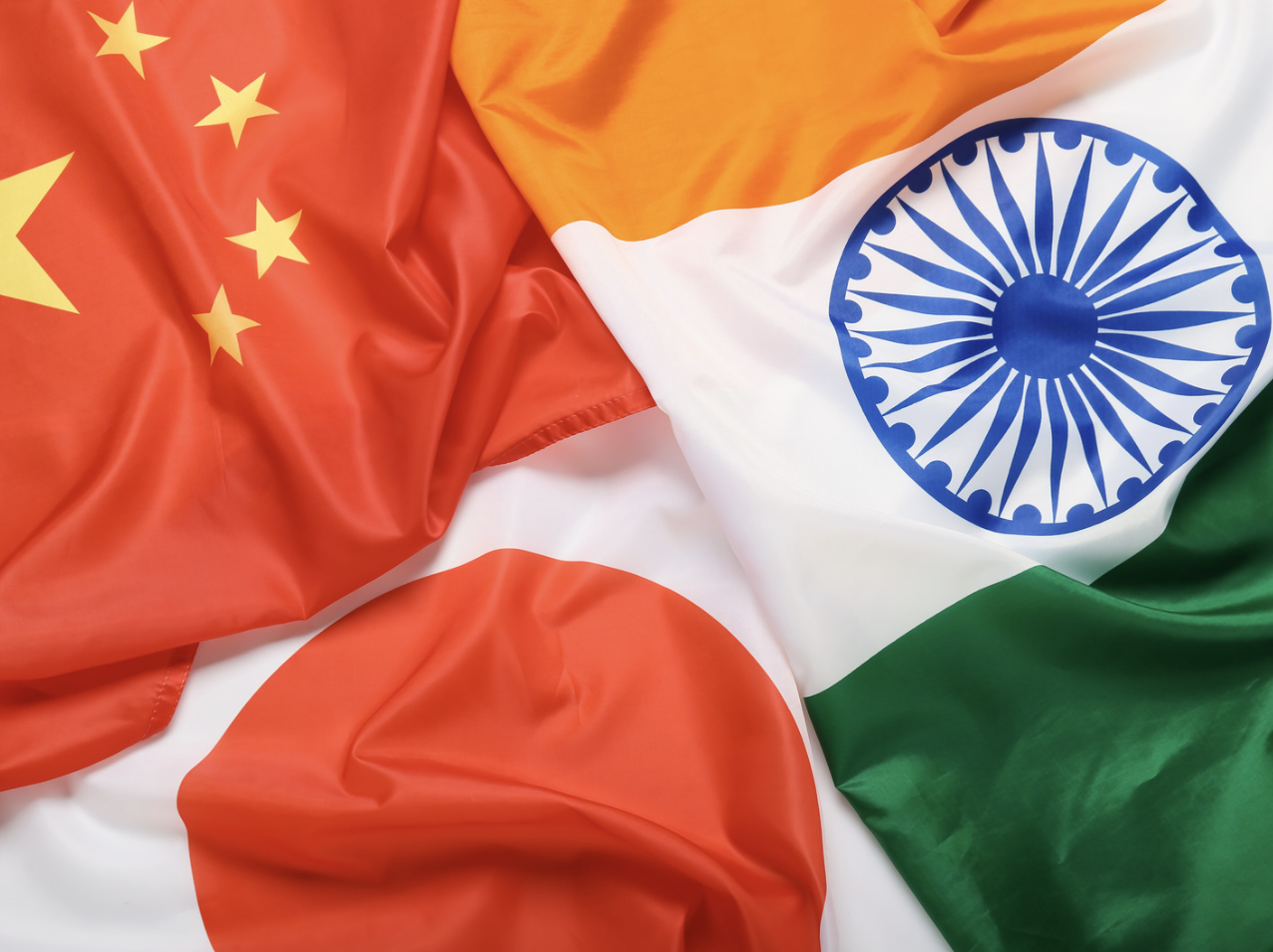India and China have reached an agreement to resolve a four-year military standoff along their disputed border, Indian Foreign Minister Subrahmanyam Jaishankar announced on Monday. This marks a significant step toward restoring political and economic ties between the two Asian powers.
The announcement comes just before Indian Prime Minister Narendra Modi’s scheduled visit to Russia for the BRICS summit, set to take place from October 22-24. Indian officials hinted that Modi could hold talks with Chinese President Xi Jinping on the sidelines of the summit, marking their first meeting since the conflict began in 2020.
Tensions between the two countries, both nuclear-armed and among the world’s most populous nations, have been high since violent clashes along the western Himalayan frontier in 2020 left 20 Indian and four Chinese soldiers dead. In the aftermath, both nations significantly bolstered their military presence along the Line of Actual Control (LAC) in the Ladakh region, while halting patrols at key points to prevent further confrontations.
Speaking at an NDTV media conclave, Jaishankar said, “We reached an agreement on patrolling, and with that, we have returned to the situation as it was in 2020. The disengagement process with China has been completed.” He emphasized that restoring peace along the border was crucial for broader bilateral relations to progress: “If you disturb the peace and tranquility, how can the rest of the relationship go forward?”
According to a senior Indian military officer, the agreement involves both sides conducting patrols at contested points along the border according to a mutually agreed schedule. Both militaries will closely monitor the Ladakh region to prevent any violations of the pact. While specific details of the agreement are still being worked out, regular reviews and monitoring are expected to ensure compliance.
As of now, there has been no official response from Beijing regarding India’s announcement. However, New Delhi sees this agreement as a path forward to potentially holding a bilateral meeting between Modi and Xi during the BRICS summit, which would mark a significant step toward thawing diplomatic relations.
Deependra Singh Hooda, a retired Indian army officer who once commanded forces along the China frontier, called the agreement a positive development. “Fresh confidence-building measures will be needed, but at least the impasse has been broken,” he said.
The border standoff has severely impacted business ties between India and China. India ramped up scrutiny of Chinese investments after the 2020 clashes, blocking billions of dollars in potential deals from companies such as BYD and Great Wall Motor. Despite this, India’s imports from China surged 56% since the border clash, with the trade deficit nearly doubling to $85 billion. China remains India’s largest supplier of goods, particularly industrial products.
When asked how the agreement might affect future trade and investment with China, Jaishankar said: “It has just happened. There will be meetings to see what the next steps will be. I wouldn’t go so fast.”





